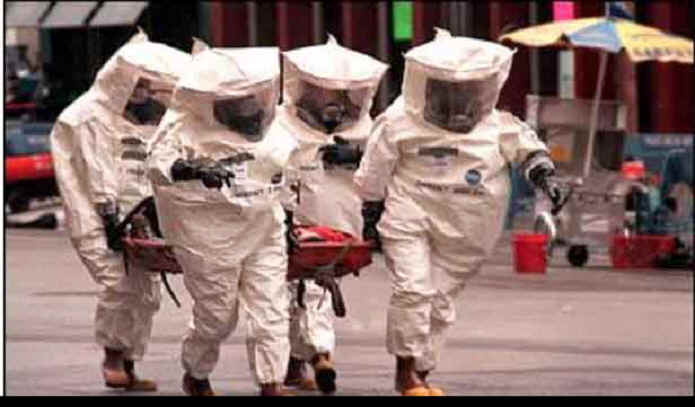Upcoming Events:
Members of the Bioethics/Health Law Working Group
The next meeting will take place at 7:30 p.m. on Tuesday, April 29,2003 in the faculty conference room at the University of Miami School of Law. The faculty conference room is located in the 4th floor of the Law Library building.
Refreshments
will be provided by the University of Miami Ethics Programs.
As always, you may reach me at (954) 262-1655

CLONING (Continued from page 1)
Against
- Cloning would devalue children and treat them as
commodities. (Annas GJ1)
- It would radically alter what
it means to be human - we would lose something vital to the uniqueness of humanity. (Annas GJ1) - It is genetic reductionism.
(Annas GJ1)
- Fixes the genome and creates genetic throw backs.
- Creates family relationship confusion and creates
inheritance issues. (Wachbroit R2)
- Cloning could be used to replace family members
who have died in accidents.
- the argument that cloning only has a 1% survival
rate
of cloned eggs (P Moore 4) - Impact upon the child produced of its origins.
- uncertain genetic consequences. (Many of the
animal clones so far produced have genetic and consequent clinical
problems)
